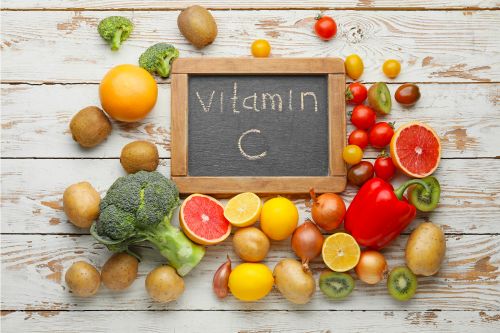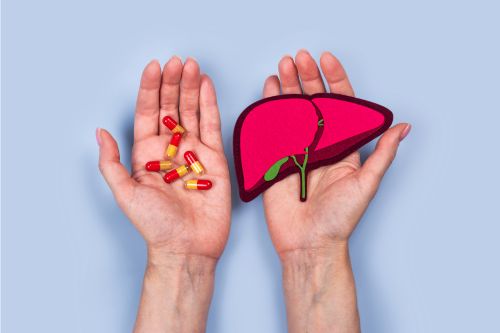3 Min Read
Top 3 tips for Fighting Seasonal Allergies

Seasonal allergies are not fun. From congestion and drowsiness to being a hindrance to your daily activities, allergies can take a toll on anyone who experiences them. Don’t worry, we’ve got some tips on how to tackle allergy season this year so you can enjoy the outdoors!
What are allergies, exactly?
An allergy occurs when your immune system responds to a specific substance. This includes dust mites, grass, pollen, mould, perfume, pet dander, and various foods. And the way your immune system reacts differs depending on the substance you are allergic to.
For example, if you’ve ever experienced hay fever or allergic rhinitis, you may have mistaken it for a cold. This is because the two share a lot of the same symptoms: sneezing, runny nose, itchy eyes, nose, skin and throat, congestion, teary eyes, swelling, and hives.
How exactly does your immune system react?
When your body comes in contact with a substance you are allergic to, your immune system prepares to respond to the invader. It does this by releasing antibodies called immunoglobulin E (IgE) from lymph node cells. The IgE antibodies then bind to the incoming allergens and white blood cells release histamines.
Histamines are immune response compounds that trigger sensory nerve endings. This increases blood flow for the body to correct the allergic reaction or heal itself, which is when you feel those uncomfortable symptoms you may be familiar with. Your immune system is simply trying to do what’s best for your body, even if it means putting you through a whirlwind of reactions!
How to tackle seasonal allergies
There are many ways to ensure you have the upper hand when it comes to allergy season. Here are three most effective ways:
Follow an anti-inflammatory diet
Your diet has a lot to do with how strong your immune response can be. Providing your body with a wide range of nutritious and immune-boosting foods will help you fight off allergens. This means consuming an anti-inflammatory diet. While your body heals from allergic reactions, you may notice some swelling and redness, which is a normal immune response.
To combat this, you can increase your intake of anti-inflammatory foods such as salmon, sardines, blueberries, strawberries, dark leafy greens, Brussel sprouts, broccoli, whole grains, and more. Eating foods from different food groups that are rich in healthy fats like omega-3s, antioxidants like anthocyanins, and nutrients like vitamins C, K, and A are your best bet at fighting seasonal allergies.
Take dietary supplements
Diet alone isn’t always sufficient to get a grip on your allergies. That’s why taking a dietary supplement of omega-3 fatty acids from Innovite’s Krill Oil and vitamin C from Pureway-C can boost your chances of feeling good during allergy season. While omega-3s help reduce inflammation, vitamin C can strengthen your immunity and promote wound healing.
Monitor your surroundings
One final tip to follow in order to protect yourself during allergy season is to acknowledge your surroundings. For example, if pollen is the culprit for your allergies, try tracking your neighbourhood’s weather and pollen statistics.
Make sure to avoid going out when pollen count is at its peak in your area. You can also keep your windows closed to prevent allergens from entering your house. However, if you do have to leave the house, then make sure you take a shower when you get home to remove any pollen.
Allergy season can be tough, we get it. The symptoms that come with your body trying to bring you back to normal are uncomfortable and sometimes even frustrating. But following these tips can help you breathe easier and live happier this year.
Sources:
Allergies and Asthma, Asthma Canada
Allergies and the Immune System, Johns Hopkins
Role of Histamine in Acute Inflammation, Journal of Pharmaceuticals Sciences and Research
The Four Seasons of Hay Fever, CBC News
The Encyclopedia of Natural Medicine, Murray & Pizzorno, 2012
What Are Allergies? Symptoms, Causes, Diagnosis, Treatment, and Prevention



